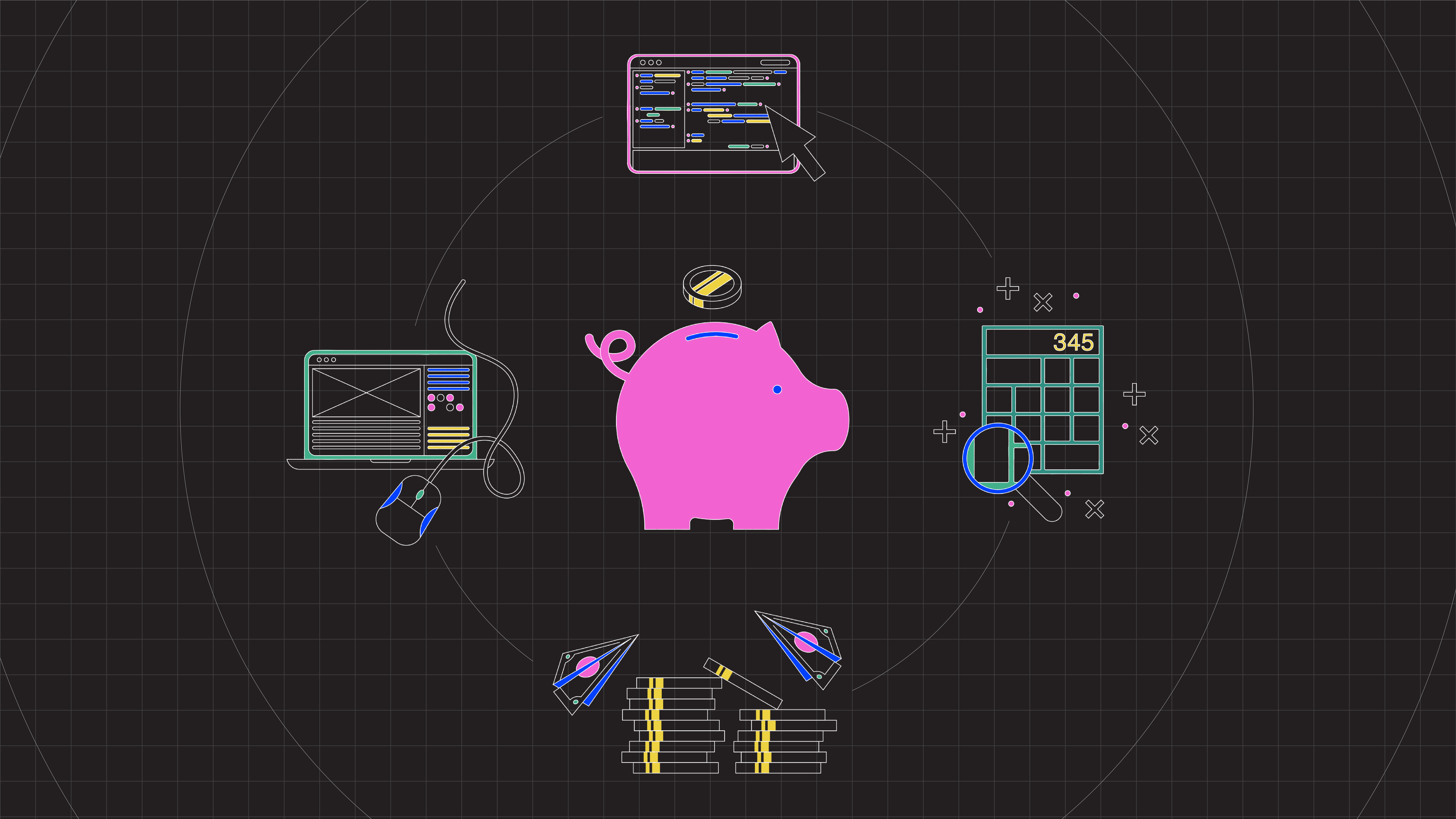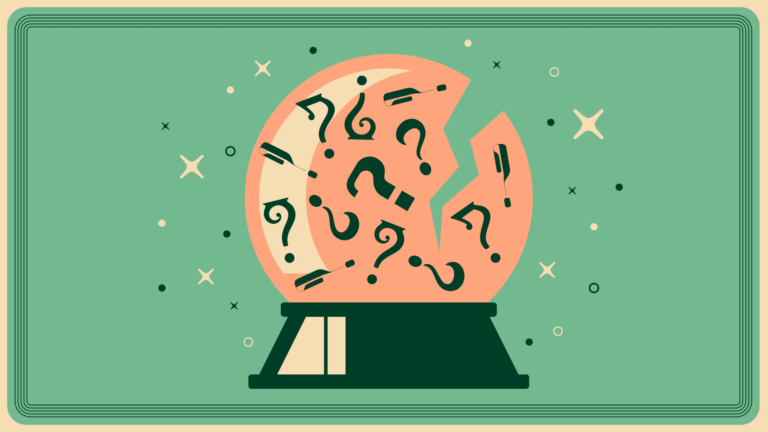
We’re not breaking news here when we say that having a beautiful, functional website that delights customers is vital to your business. A great website can directly fuel business growth, drive retention, and help your sales team close more deals.
But how much is too much when you’re considering investing in your website? How do you know what’s worth it and what isn’t, and how do you maximize your investment to have a website that effectively serves your customers and business goals?
We have a lot of conversations with clients about web development costs, and we’ve learned a lot over the years about what’s worth investing in—and what isn’t.
How much does it cost to develop a website?
At the risk of sounding evasive, the answer to this question depends on your needs and budget. The (predatory?) question of “How much do you have?” isn’t wrong. Unfortunately, there is no average cost of website development that applies to everyone. You can build a website at almost any price point, but what’s more relevant is how much website you need to do what you need it to do. The right thing to do is to get very clear about what you need to make the absolute maximum use of the budget you do have. Once you know that, you discover a subset of price points, and you can go from there.
Factors that impact website development costs
Before diving into a web development project, discovery work is the first and most important thing you need to do. Did you have a vivid dream about a new website (that may or may not have come from an especially spicy dinner), or are your goals rooted in research and data about your users? How much tech and content debt do you have?
The most critical question you need to answer is: What does your website need to do, how does it need to function, and how does that support your business and audience needs?
Other factors to consider:
- Your industry
- Where the site will be hosted
- Number of webpages
- Design style
- CMS choice
- SEO integration
- How long it will take (Or when do you need the site finished?)
A significant hidden cost in website development is how much content will need to be migrated to your new site, so consider the volume of your existing content, too.
Phases of the web development process
There are five primary web development phases, and each has its associated costs. When you’re estimating a project, it’s essential to keep each of these phases in mind—if you skip one to save money, it may cost you in the long run.
- Strategy and planning: This includes things like competitive and market research, planning meetings, and wireframe ideation
- Design: Can consist of UX and UI design, template creation, and page mockups
- Development: Think things like CMS development, front-end and back-end development, and feature and site launches
- Content migration and transformation: A phase often undersold, but includes migrating content from your old site and can take some time
- Maintenance: This can include things like SSL updates, plugins, backups, and routine updates
Development costs to DIY vs. hire an agency or freelancer
Web development costs depend on who will be doing the work. Prices will vary depending on whether you elect to do it yourself, use a freelancer, or hire an agency.
If you have a small website (15 pages or less), it may be more economical to either do it yourself or hire a freelancer. When you have a limited amount of content and a relatively narrow audience, you can keep your budget low by utilizing a DIY site building tool or working with a singular specialist.
Risks of using the cheapest web developer option
Finding the right freelancer is the best of all possible worlds. But with almost the right freelancer, or (worst case scenario) the wrong freelancer, you’re in a world of hurt—the process is slow, expensive, and the result may be unsustainable. The freelancer may not always be able to be as responsive as you need, and what they build may be constructed so they’re the only ones who can update and maintain it. It may be difficult for your team to “carry the baton.”
Going the freelancer route is also more likely to introduce challenges as your content grows and your site sprawls. If you need anything more complex than a small website, not only does it make your job significantly more difficult and time-consuming, but any money you save by doing it yourself or hiring a freelancer will quickly disappear as the project inevitably drags on and needs multiple, often messy updates and patches over time.
This “razor-and-blades” model is how a whole segment of the industry makes its money. You’ll feel like your website is being held hostage—because it is.
We’ve seen many businesses get stuck in this loop—lured by the low prices of a quick update, only to get stuck with big bills and recurring 404 messages for the next months and sometimes years. It gets ugly.
Benefits of working with an agency
When you have a complex site, working with an agency gives you access to up-to-the-minute design, and the infrastructure that supports it. Agency partners can typically provide great UI and UX designers who will build a pattern library that serves your website’s immediate design needs and will benefit you time and time again as your company and site grows.
At Think Company, we also do extensive content discovery up front so you can make decisions early instead of later in the process when you may be under a tight deadline with fire alarms going off. You’ll see results sooner rather than getting a big reveal in Q4.
The importance of investing in a website
A great website is vital to your business—helping you grow, retain employees, and hit your sales goals. Understanding the costs associated with building a website that meets both your business goals and users’ needs is crucial. By identifying the factors that will influence your budget, choosing the right person to build the site, and estimating for every phase, you’ll minimize the chances of ugly financial surprises—and end up with a website that works for you.
Are you interested in starting a website development project? Chat with our team of experts today!


